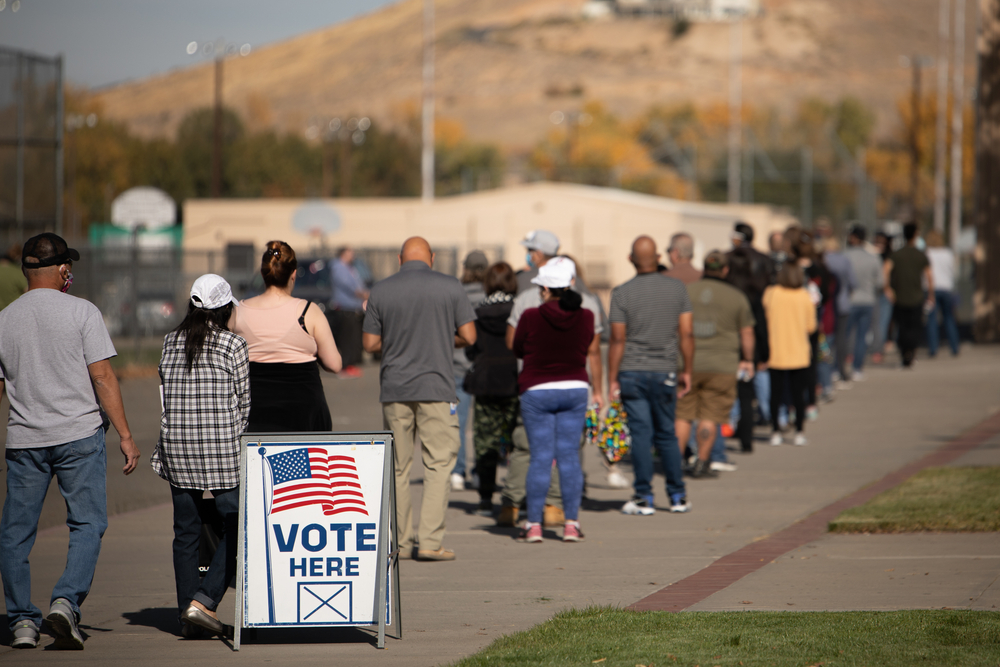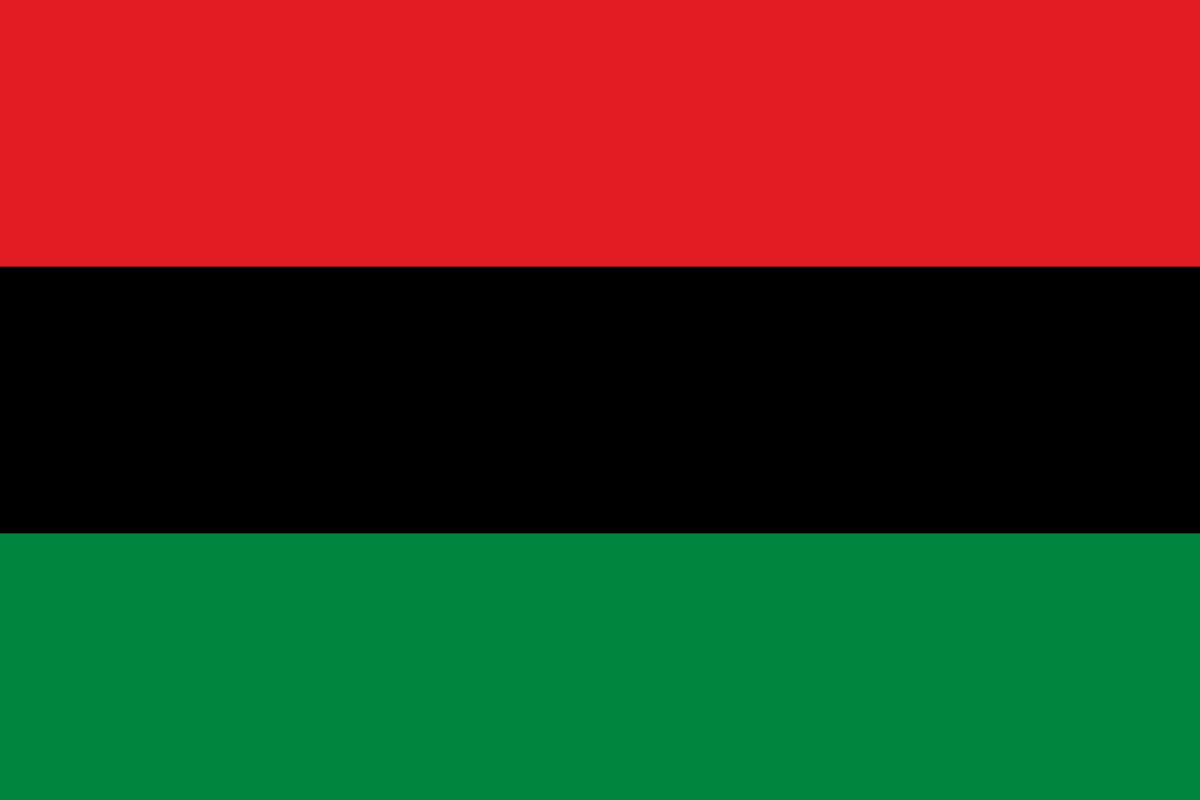Sure … give more details on international movements
Certainly! Here is a more detailed overview of international movements that have actively fought against white supremacy, colonialism, and racial oppression, highlighting key historical and contemporary examples:
1. African Anti-Colonial Movements
During the 20th century, many African nations fought against European colonial powers. These struggles were often framed as fights against racial hierarchies justified by white supremacy.
South Africa: The African National Congress (ANC), led by figures like Nelson Mandela, fought against apartheid—a legal system of racial segregation and white dominance—until it was dismantled in the early 1990s. The anti-apartheid movement was a direct confrontation with systemic racial oppression rooted in white supremacy.
Kenya: The Mau Mau rebellion (1952–1960) was an uprising against British colonial rule, which involved resisting racial discrimination and land dispossession. This movement was central to Kenya’s independence and challenged colonial racial hierarchies.
Algeria: The FLN (National Liberation Front) fought against French colonial rule, which involved racial and cultural domination. The war for independence (1954–1962) was a struggle to end racial and colonial oppression.
2. Anti-Imperialist Movements in Asia
Many Asian nations fought against Western imperialism, which often involved racial hierarchies that placed Westerners above indigenous populations.
India: The Indian independence movement, led by figures like Mahatma Gandhi, challenged British colonial rule and its racialized policies that privileged Europeans over Indians. The movement emphasized racial equality and self-determination.
Vietnam: The Vietnamese resistance against French and American imperialism, such as during the Vietnam War, was rooted in resisting racial and cultural imperialism. Leaders like Ho Chi Minh emphasized anti-colonial and anti-racist principles.
Indonesia: The struggle for independence from Dutch colonial rule was also a fight against racial hierarchies embedded in colonial policies.
3. Caribbean and Latin American Movements
The Caribbean and Latin America have a long history of resistance against racial hierarchies imposed during colonial periods.
Haitian Revolution: From 1791 to 1804, enslaved Africans led a successful revolt against French colonial rule, resulting in Haiti becoming the first Black republic and abolishing slavery. This was a direct challenge to white supremacy and colonial racial hierarchies.
Cuba: Leaders like Fidel Castro and Che Guevara fought against imperialist influence from the U.S. and Western powers, promoting racial equality and anti-colonial policies.
Brazil: Movements led by Afro-Brazilian communities, like the Quilombo communities, resisted slavery and racial oppression, fighting for racial justice and land rights.
4. Indigenous Movements Worldwide
Indigenous peoples in North America, Latin America, Australia, and elsewhere have fought to preserve their lands, cultures, and sovereignty against colonial and racial oppression.
Native American tribes: Movements like the Standing Rock protests against environmental destruction and land dispossession challenge systemic racism rooted in colonialism and white supremacy.
First Nations in Canada: Organized resistance against policies of assimilation and land theft continue today, advocating for sovereignty and racial justice.
Aboriginal Australians: Activists highlight issues of systemic racism, dispossession, and cultural suppression, fighting against policies rooted in racial hierarchies.
5. International Organizations and Conferences
The United Nations has played a significant role in promoting anti-racism globally. The International Convention on the Elimination of All Forms of Racial Discrimination (ICERD), adopted in 1965, commits member states to eliminate racial discrimination.
The World Conference against Racism (2001, Durban) brought together nations and civil society to develop strategies to combat racial discrimination worldwide, including white supremacy and neo-colonial racial hierarchies.
6. Contemporary Movements
Black Lives Matter (BLM): Although primarily a U.S.-based movement, BLM has inspired and connected with global anti-racist activism, emphasizing the fight against systemic racism and white supremacy worldwide.
Global Indigenous Movements: Many indigenous groups continue to resist racial oppression and colonial legacies in their countries, often collaborating across borders to advocate for sovereignty and racial justice.
Summary:
International movements against white supremacy are deeply rooted in histories of anti-colonial struggles, revolutions, and ongoing resistance by marginalized communities. They challenge racial hierarchies, colonial legacies, and imperialist dominance, advocating for racial justice, sovereignty, and human rights across continents.
Certainly! Here is a more detailed overview of international movements that have actively fought against white supremacy, colonialism, and racial oppression, highlighting key historical and contemporary examples:
1. African Anti-Colonial Movements
During the 20th century, many African nations fought against European colonial powers. These struggles were often framed as fights against racial hierarchies justified by white supremacy.
South Africa: The African National Congress (ANC), led by figures like Nelson Mandela, fought against apartheid—a legal system of racial segregation and white dominance—until it was dismantled in the early 1990s. The anti-apartheid movement was a direct confrontation with systemic racial oppression rooted in white supremacy.
Kenya: The Mau Mau rebellion (1952–1960) was an uprising against British colonial rule, which involved resisting racial discrimination and land dispossession. This movement was central to Kenya’s independence and challenged colonial racial hierarchies.
Algeria: The FLN (National Liberation Front) fought against French colonial rule, which involved racial and cultural domination. The war for independence (1954–1962) was a struggle to end racial and colonial oppression.
2. Anti-Imperialist Movements in Asia
Many Asian nations fought against Western imperialism, which often involved racial hierarchies that placed Westerners above indigenous populations.
India: The Indian independence movement, led by figures like Mahatma Gandhi, challenged British colonial rule and its racialized policies that privileged Europeans over Indians. The movement emphasized racial equality and self-determination.
Vietnam: The Vietnamese resistance against French and American imperialism, such as during the Vietnam War, was rooted in resisting racial and cultural imperialism. Leaders like Ho Chi Minh emphasized anti-colonial and anti-racist principles.
Indonesia: The struggle for independence from Dutch colonial rule was also a fight against racial hierarchies embedded in colonial policies.
3. Caribbean and Latin American Movements
The Caribbean and Latin America have a long history of resistance against racial hierarchies imposed during colonial periods.
Haitian Revolution: From 1791 to 1804, enslaved Africans led a successful revolt against French colonial rule, resulting in Haiti becoming the first Black republic and abolishing slavery. This was a direct challenge to white supremacy and colonial racial hierarchies.
Cuba: Leaders like Fidel Castro and Che Guevara fought against imperialist influence from the U.S. and Western powers, promoting racial equality and anti-colonial policies.
Brazil: Movements led by Afro-Brazilian communities, like the Quilombo communities, resisted slavery and racial oppression, fighting for racial justice and land rights.
4. Indigenous Movements Worldwide
Indigenous peoples in North America, Latin America, Australia, and elsewhere have fought to preserve their lands, cultures, and sovereignty against colonial and racial oppression.
Native American tribes: Movements like the Standing Rock protests against environmental destruction and land dispossession challenge systemic racism rooted in colonialism and white supremacy.
First Nations in Canada: Organized resistance against policies of assimilation and land theft continue today, advocating for sovereignty and racial justice.
Aboriginal Australians: Activists highlight issues of systemic racism, dispossession, and cultural suppression, fighting against policies rooted in racial hierarchies.
5. International Organizations and Conferences
The United Nations has played a significant role in promoting anti-racism globally. The International Convention on the Elimination of All Forms of Racial Discrimination (ICERD), adopted in 1965, commits member states to eliminate racial discrimination.
The World Conference against Racism (2001, Durban) brought together nations and civil society to develop strategies to combat racial discrimination worldwide, including white supremacy and neo-colonial racial hierarchies.
6. Contemporary Movements
Black Lives Matter (BLM): Although primarily a U.S.-based movement, BLM has inspired and connected with global anti-racist activism, emphasizing the fight against systemic racism and white supremacy worldwide.
Global Indigenous Movements: Many indigenous groups continue to resist racial oppression and colonial legacies in their countries, often collaborating across borders to advocate for sovereignty and racial justice.
Summary:
International movements against white supremacy are deeply rooted in histories of anti-colonial struggles, revolutions, and ongoing resistance by marginalized communities. They challenge racial hierarchies, colonial legacies, and imperialist dominance, advocating for racial justice, sovereignty, and human rights across continents.
Last edited:




